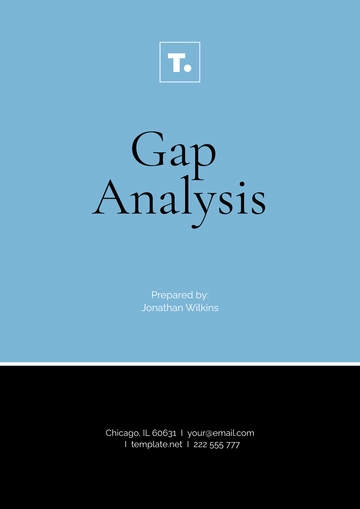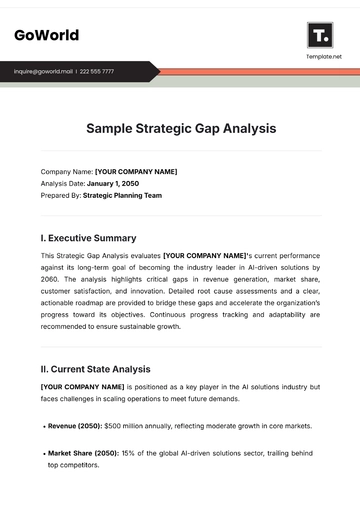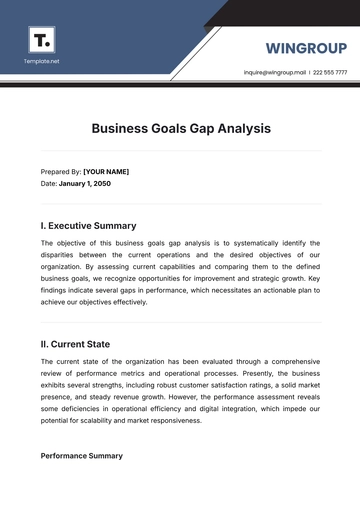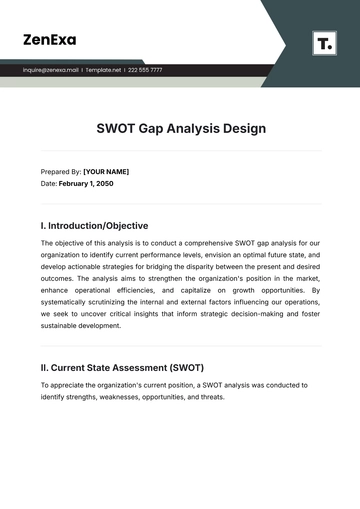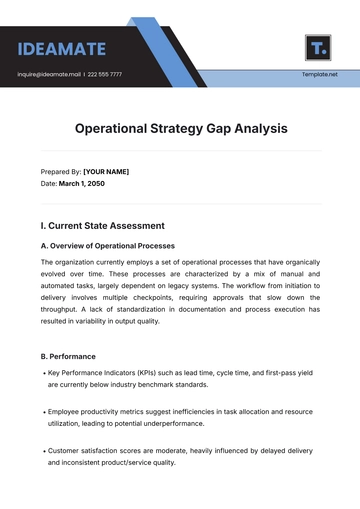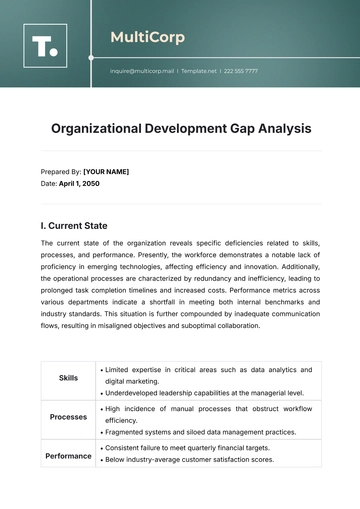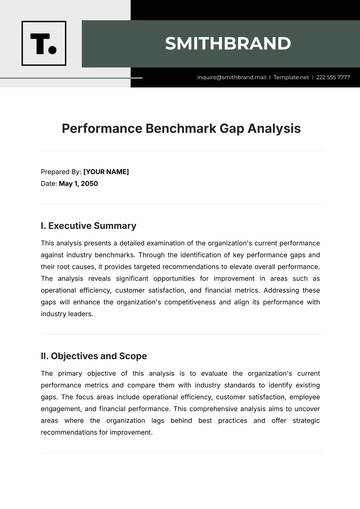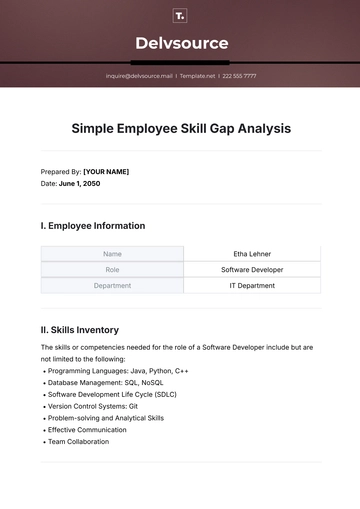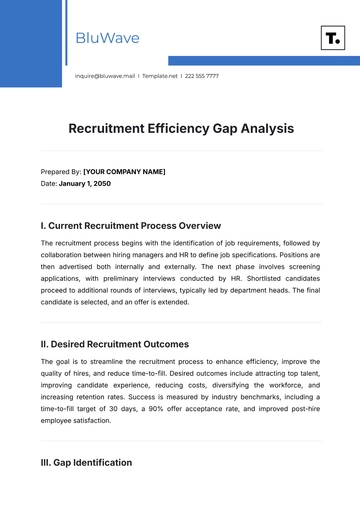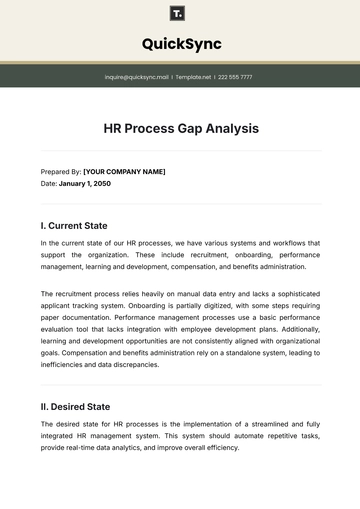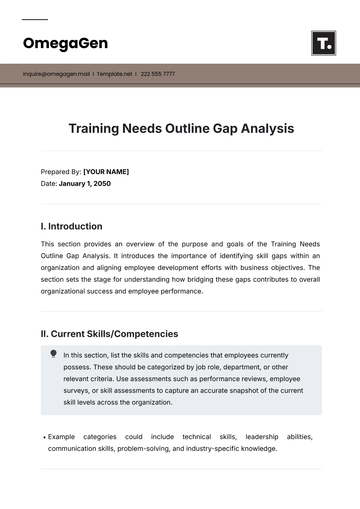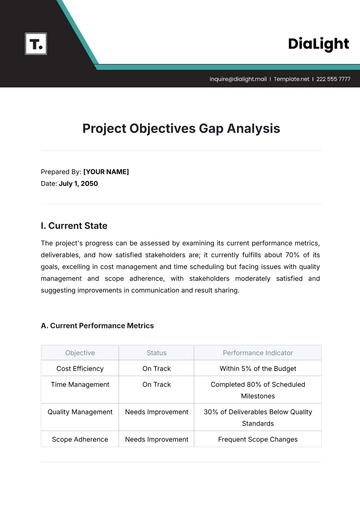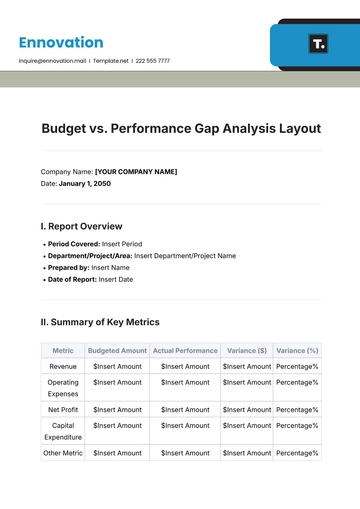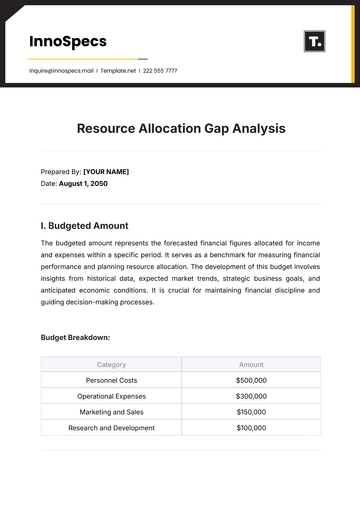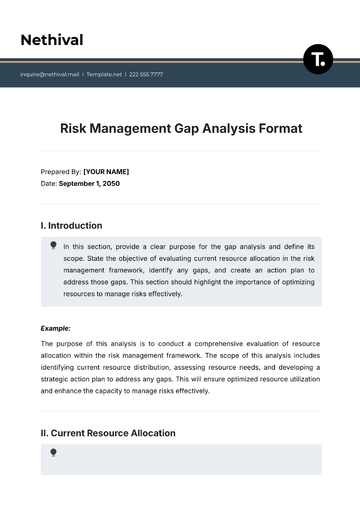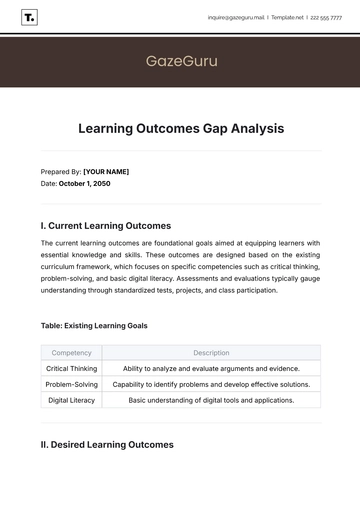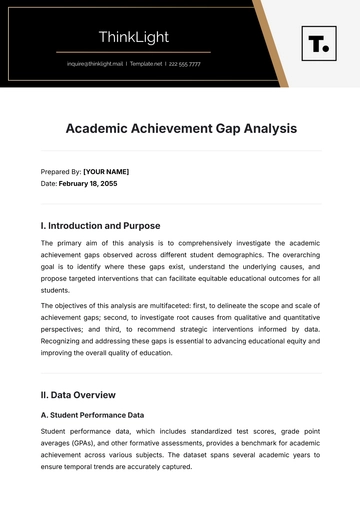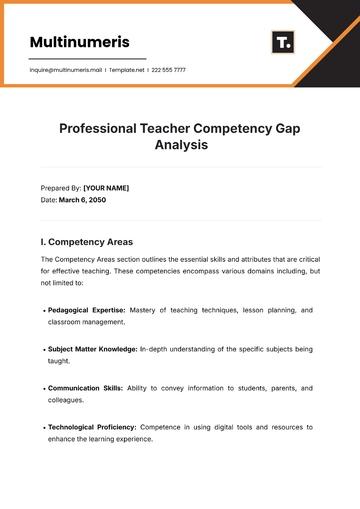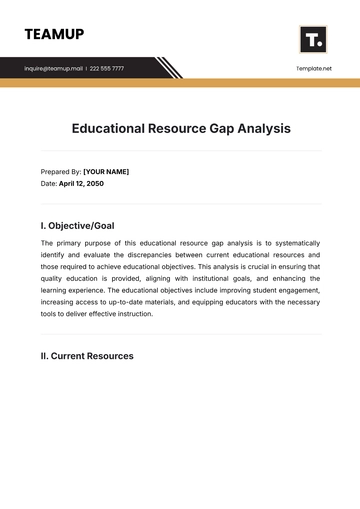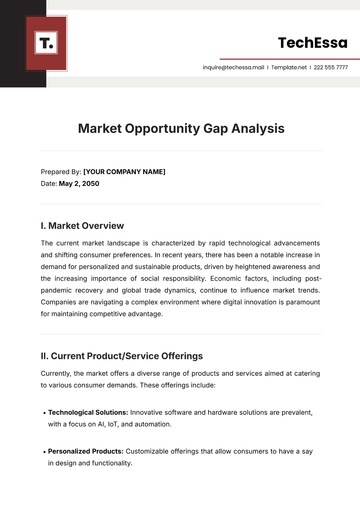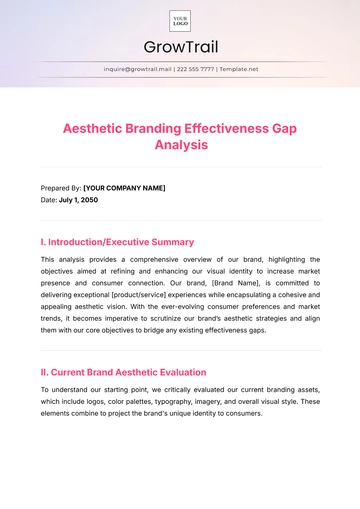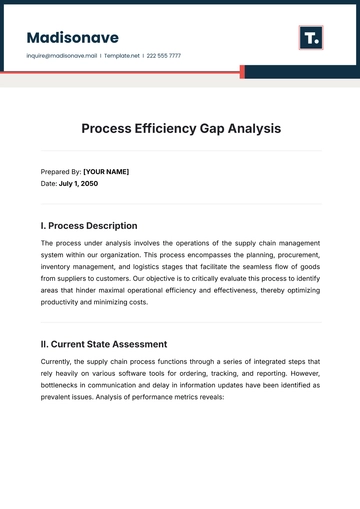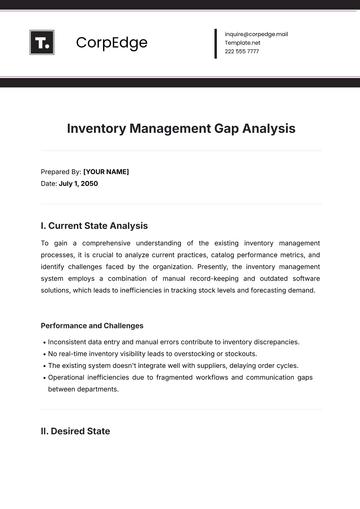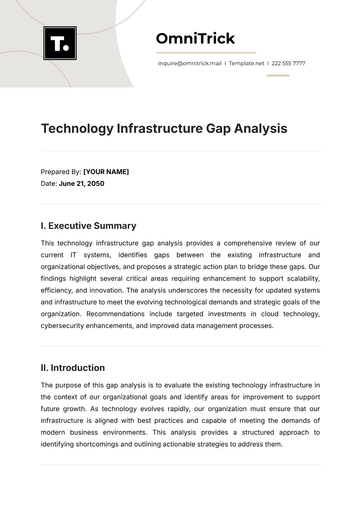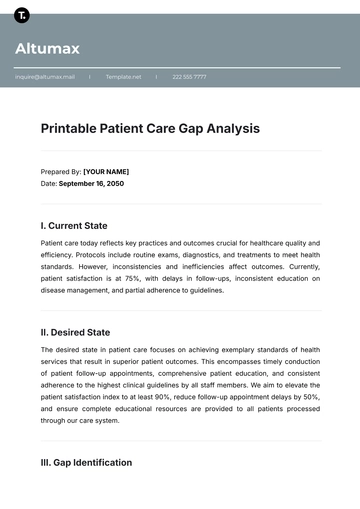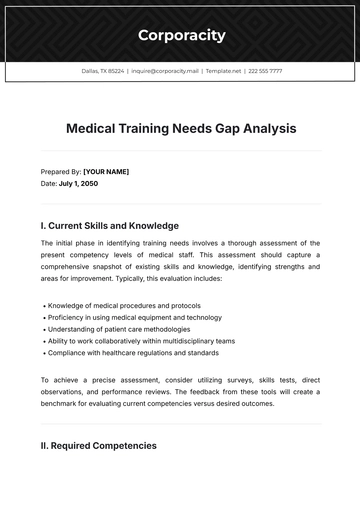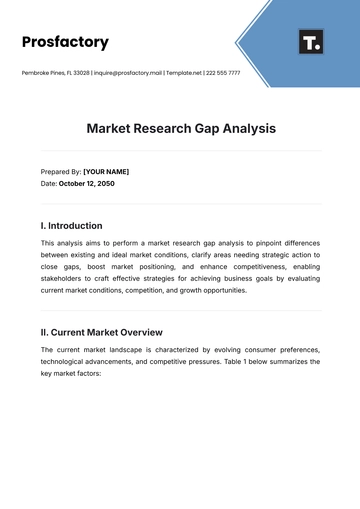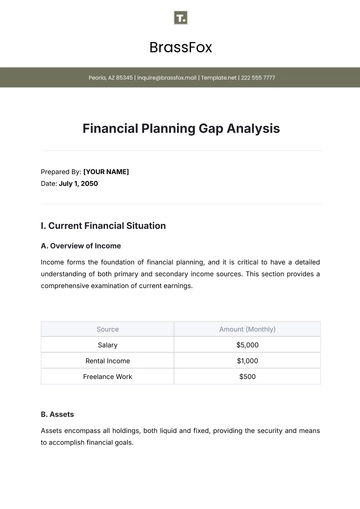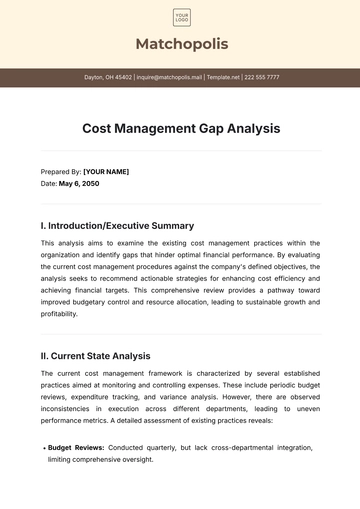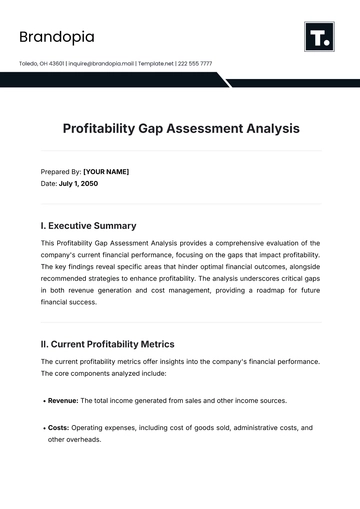Free Academic Literature Analysis
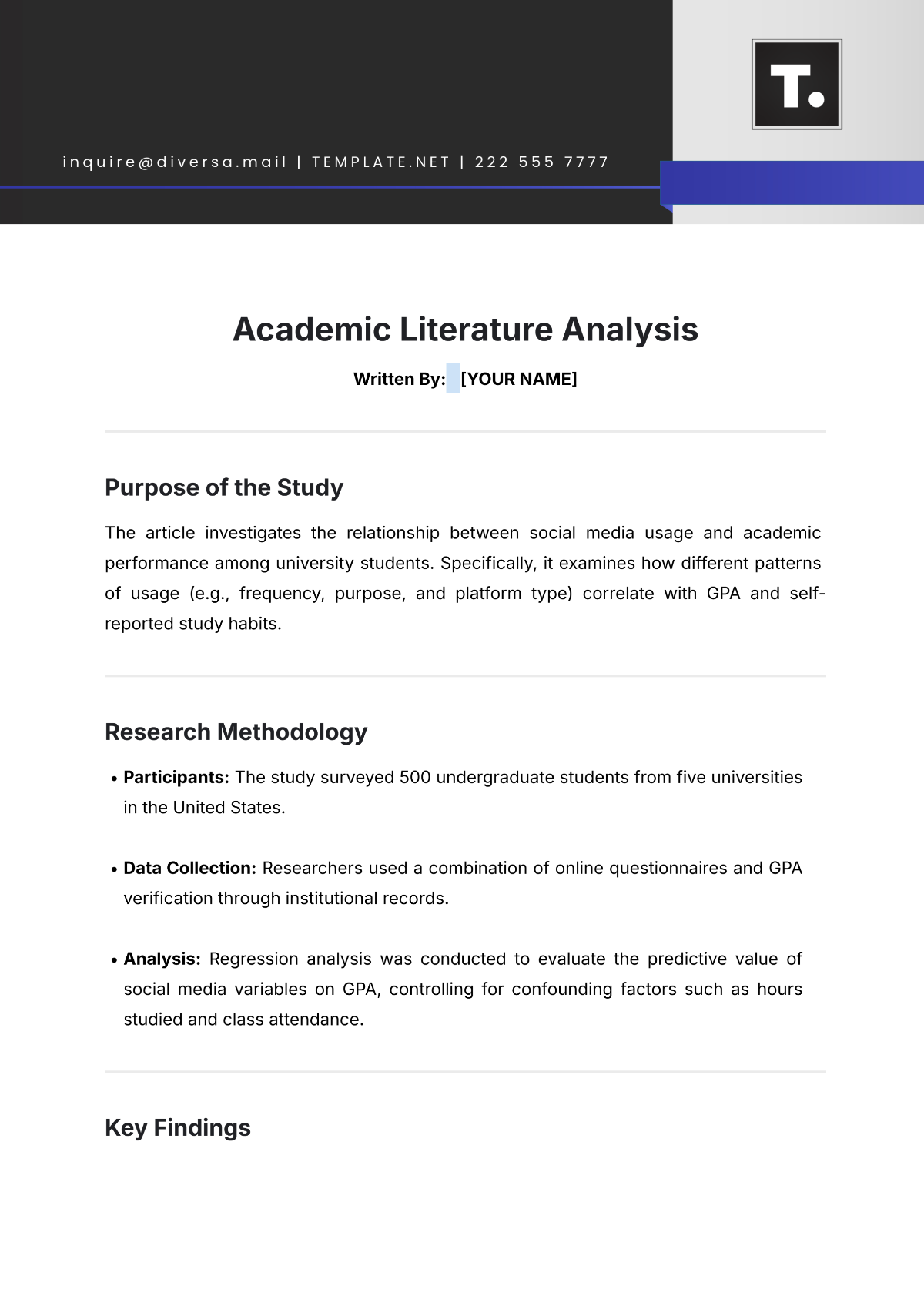
Written By: [YOUR NAME]
Purpose of the Study
The article investigates the relationship between social media usage and academic performance among university students. Specifically, it examines how different patterns of usage (e.g., frequency, purpose, and platform type) correlate with GPA and self-reported study habits.
Research Methodology
Participants: The study surveyed 500 undergraduate students from five universities in the United States.
Data Collection: Researchers used a combination of online questionnaires and GPA verification through institutional records.
Analysis: Regression analysis was conducted to evaluate the predictive value of social media variables on GPA, controlling for confounding factors such as hours studied and class attendance.
Key Findings
Frequency of Use: Higher daily usage of social media correlated negatively with GPA (r = -0.45, p < 0.01).
Purpose of Use: Educational use of social media (e.g., participating in study groups) showed a positive correlation with GPA (r = 0.30, p < 0.01).
Platform Differences: Platforms emphasizing visual content (e.g., Instagram) were associated with poorer academic outcomes compared to text-heavy platforms (e.g., Reddit).
Strengths
The large, diverse sample enhances the generalizability of findings.
A mixed-methods approach (quantitative and qualitative) provides a nuanced view of the data.
The use of verified GPA data adds credibility to the results.
Limitations
Self-reported data on study habits may introduce bias.
The cross-sectional design limits causal inferences; it is unclear whether social media usage causes lower GPAs or vice versa.
The study does not account for variables such as mental health or socioeconomic status, which might mediate the relationship.
Conclusion and Implications
The study highlights that not all social media usage is detrimental to academic performance. While excessive recreational use can hinder academic success, leveraging platforms for educational purposes may be beneficial. Future research should explore longitudinal data and interventions to guide the effective use of social media in academic settings.
- 100% Customizable, free editor
- Access 1 Million+ Templates, photo’s & graphics
- Download or share as a template
- Click and replace photos, graphics, text, backgrounds
- Resize, crop, AI write & more
- Access advanced editor
Elevate your research with Template.net’s Academic Literature Analysis Template. Customizable and editable, this template streamlines your literature analysis with a professional format. Editable in our AI Editor Tool, it’s perfect for students, researchers, and professionals. Adapt it effortlessly to meet your project’s needs while ensuring accuracy and clarity. Download this template today to simplify your analysis process and present your findings with professionalism and precision.
